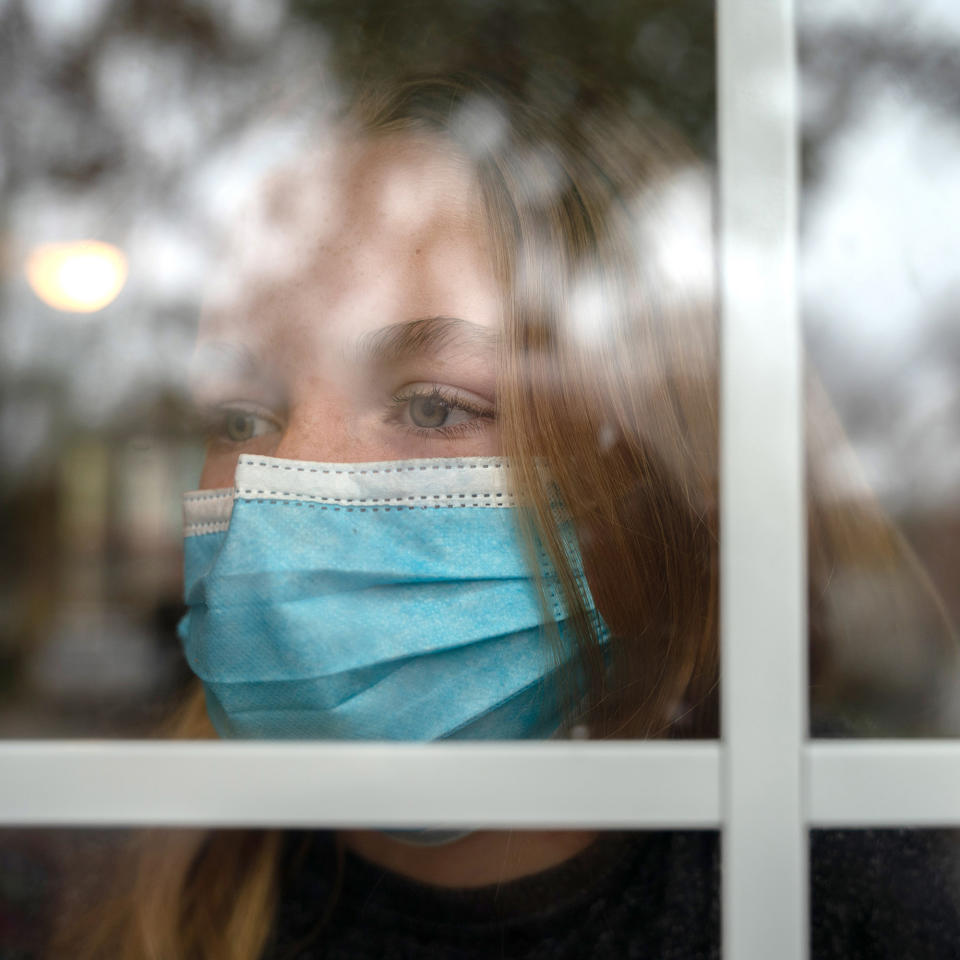CDC shortens quarantine period to 10 days with no symptoms
The Centers for Disease Control and Prevention is shortening the recommended quarantine period from 14 days after a person has been exposed to the coronavirus, offering two alternatives, the agency said Wednesday.
The first alternative is to end quarantine after 10 days if no symptoms are reported, Dr. Henry Walke, the CDC’s COVID-19 incident manager, said on a call with reporters. The second option is to end quarantine after seven days if an individual tests negative and also reports no symptoms.
Full coverage of the coronavirus outbreak
The decision is based on new research and modeling data, Walke said.
Still, Walke noted that a 14-day quarantine is still the best way to reduce the risk of spreading COVID-19.
The 14-day quarantine is based on the coronavirus's incubation period - the length of time it can take for a person to become infected after exposure to the virus.
Indeed, even with the shortened quarantine periods, Walke said that people should monitor for symptoms for a full 14 days after exposure.
The CDC also issued guidance for upcoming holiday travel, ultimately urging people to avoid travel if possible. However, those that do chose to travel should get a coronavirus test one to three days before travel, then again three to five days after travel. The testing after travel would be combined with a quarantine for seven days.
Reducing the length of quarantine "may make it easier for people to take this critical action, by reducing the economic hardship associated with a longer period, especially if they cannot work during that time," Walke said. "In addition, a shorter quarantine period can lessen stress on the public health system and communities, especially when new infections are rapidly rising."
This story originally appeared on NBCNews.com.


